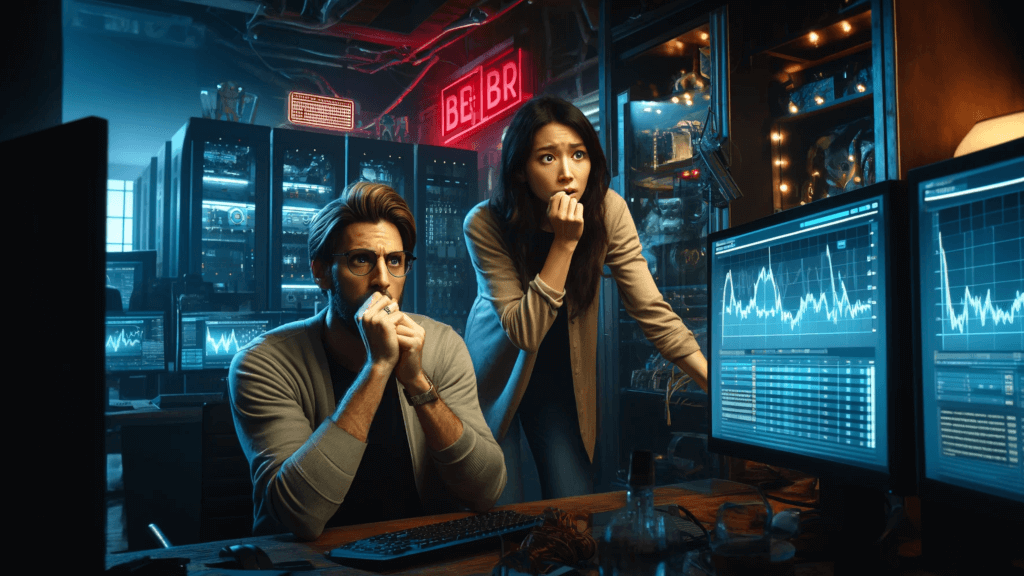Recently, players using Nvidia’s GeForce Now cloud gaming service to play Activision’s “Call of Duty” games faced unexpected bans. These bans were triggered due to a misidentification of GeForce Now as a cheating tool by Activision’s anti-cheat system. This situation caused a significant inconvenience for gamers who were suddenly barred from playing games like “Call of Duty: Modern Warfare III,” “Modern Warfare II,” and “Warzone.”
The Issue with GeForce Now and Activision’s Response
GeForce Now’s Mechanism: GeForce Now, Nvidia’s cloud gaming service, allows players to access their gaming libraries on platforms like Steam and the Epic Games Store using cloud-based RTX-powered gaming PCs. This technology was mistakenly recognized as a cheating tool by Activision’s anti-cheat systems, leading to the bans.
Immediate Action by Activision: Activision promptly addressed the issue, reversing the bans and restoring access for affected GeForce Now users. This quick response ensured that players could resume their gaming experiences without prolonged disruption.
Similar Incidents: This is not the first time a technological feature has been misidentified as a cheating tool. ROG Ally users and other handheld gaming PC users also experienced bans due to overlay applications being falsely identified as cheats. Additionally, AMD’s Anti-Lag+ technology, which modifies game files to reduce input lag, led to bans in various games, including “Call of Duty: Modern Warfare II,” “Counter-Strike 2,” and “Apex Legends.” While the bans related to Anti-Lag+ have been lifted, the technology itself is still pending a full resolution.
Implications and Future Considerations
Embarrassment for Nvidia and Activision: This incident was particularly embarrassing for Nvidia, who had recently promoted “Call of Duty” games on its GeForce Now platform, encouraging users to play them. The unexpected bans cast both GeForce Now and Activision’s anti-cheat systems in a negative light.
Ensuring Compatibility and Accuracy: Going forward, it’s crucial for game developers and cloud service providers to collaborate more closely to ensure compatibility and accuracy in anti-cheat systems. This incident highlights the need for more sophisticated mechanisms to differentiate between legitimate cloud gaming services and actual cheating tools.
Continued Support and Monitoring: For gamers, the swift resolution of the issue is reassuring, but it also emphasizes the need for ongoing support and monitoring of anti-cheat systems to prevent similar situations in the future. Gamers using cloud services and new technologies need confidence that they won’t be erroneously penalized for legitimate gaming practices.
Conclusion
The recent incident involving GeForce Now and “Call of Duty” bans serves as a reminder of the complexities and challenges in modern gaming, where cloud services and anti-cheat systems intersect. The quick reversal of the bans by Activision is commendable, but it also underscores the importance of continuous improvement in technology in the gaming industry to ensure a fair and enjoyable gaming experience for all players.



